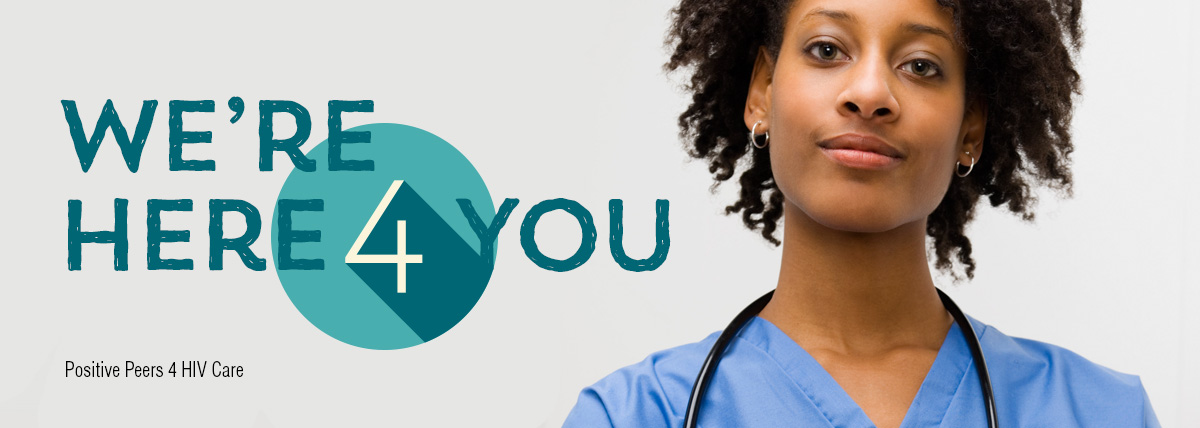
By: Ann K. Avery, MD, Infectious Disease Physician at MetroHealth Medical Center
If you’ve been diagnosed HIV-positive, the first thing you need to know right now is that you are not alone. Doctors, nurses, social workers — they all want to help you. It’s what they do.
Scientists around the world are working every day to find new ways to treat an HIV infection. Support groups have formed in your city to help people just like you live with the diagnosis.
There are even magazines called Poz, Positively Aware, and HIV Plus that are full of helpful and inspiring stories of people living with an HIV-positive diagnosis.
But let’s keep it real. Finding out you have HIV is life-changing. Even though you can live a long, healthy life with HIV, it’s still scary and can make you feel lots of uncomfortable feelings – sadness, anger and anxiety are pretty common at first. Whatever complicated feels you’re feeling are probably completely normal and expected.
Still, a positive diagnosis does not have to ruin your life!. With early detection and treatment, most people living with HIV are living long, healthy lives and doing whatever they can to fulfill their dreams. People living with HIV can have amazing careers, loving relationships and can have healthy babies. HIV treatment can be as easy as taking one pill once-a-day, but the hard part is dealing with the emotional aspects of finding out you’re living with HIV. Unfortunately, our society can be really judgmental and stigmatizing toward people with HIV.
So, what should you do now?
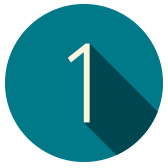 Breathe. Finding out you have HIV can be overwhelming. Take a few days to be kind to yourself and get your mind right. If you’re freaking out, don’t worry: everybody does that when they find out. But try to be as calm and rational as you can, and make up your mind to fight your HIV infection. There are people ready to help you.
Breathe. Finding out you have HIV can be overwhelming. Take a few days to be kind to yourself and get your mind right. If you’re freaking out, don’t worry: everybody does that when they find out. But try to be as calm and rational as you can, and make up your mind to fight your HIV infection. There are people ready to help you.
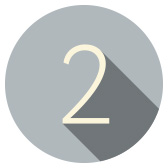 Find an HIV specialist to treat you. The sooner you begin the treatment, the better. Doctors who specialize in HIV know the virus’s lifecycle and can prescribe anti-retroviral drugs that can help your body fight your infection. Remember: HIV drugs must be taken every day — no exceptions.
Find an HIV specialist to treat you. The sooner you begin the treatment, the better. Doctors who specialize in HIV know the virus’s lifecycle and can prescribe anti-retroviral drugs that can help your body fight your infection. Remember: HIV drugs must be taken every day — no exceptions.
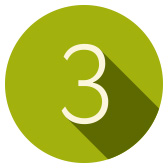 Tell one person you really trust. Just saying the words “I have HIV” is really hard at first. So you need to practice with somebody you truly trust. Be prepared that some people might react badly. Not everyone understands that HIV can be treated and controlled, and that HIV-positive people can have normal lives with families, jobs and a future. Someone who really loves you and has your back will offer an outpouring of love and support.You need someone to help lighten your load – finding out you have HIV can be a heavy burden to carry alone.
Tell one person you really trust. Just saying the words “I have HIV” is really hard at first. So you need to practice with somebody you truly trust. Be prepared that some people might react badly. Not everyone understands that HIV can be treated and controlled, and that HIV-positive people can have normal lives with families, jobs and a future. Someone who really loves you and has your back will offer an outpouring of love and support.You need someone to help lighten your load – finding out you have HIV can be a heavy burden to carry alone.
Come join our private, stigma-free, supportive community.
Health management tools with medication & appointment reminders.
Social networking in a community conversation & private chats.
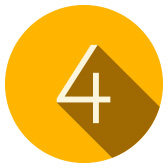 Find a support group. Most cities have support groups where people get together and help each other work their way through living with HIV. Unfortunately, there’s still a social stigma to being HIV-positive. Support groups can be like an oasis from the outside world.
Find a support group. Most cities have support groups where people get together and help each other work their way through living with HIV. Unfortunately, there’s still a social stigma to being HIV-positive. Support groups can be like an oasis from the outside world.
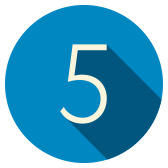 Get safe. Find out all you can about how HIV is transmitted. If you’re sexually active, use a condom (and use it properly). The Free Clinic offers a syringe exchange program; bring a used needle and receive a clean one.
Get safe. Find out all you can about how HIV is transmitted. If you’re sexually active, use a condom (and use it properly). The Free Clinic offers a syringe exchange program; bring a used needle and receive a clean one.
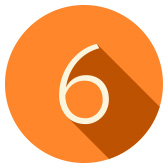 If you use drugs with needles, stop sharing. No excuses. If you share again, you’ll spread your HIV and possibly get more HIV in your bloodstream.
If you use drugs with needles, stop sharing. No excuses. If you share again, you’ll spread your HIV and possibly get more HIV in your bloodstream.
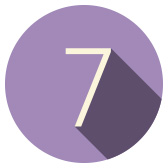 If you’re pregnant or a breastfeeding mom, find out how to avoid giving HIV to your baby.
If you’re pregnant or a breastfeeding mom, find out how to avoid giving HIV to your baby.
You’ve made it this far. That proves you’re tough enough to take on this challenge. It will not be easy. But it will focus your mind on what you want to do with your life.
Some people find that an HIV-positive diagnosis makes them even tougher — tough enough to improve their lives and control their fates in ways they never could before they were diagnosed.
Positive Peers is made possible through a U.S. Department of Health and Human Services Health Resources and Services Administration, HIV/AIDS Bureau Special Projects of National Significance (SPNS) Grant to The MetroHealth System. Click here for more information about the SPNS grant initiative.
Positive Peers is a private app for young people living with HIV. Learn how you can earn rewards for your participation.
